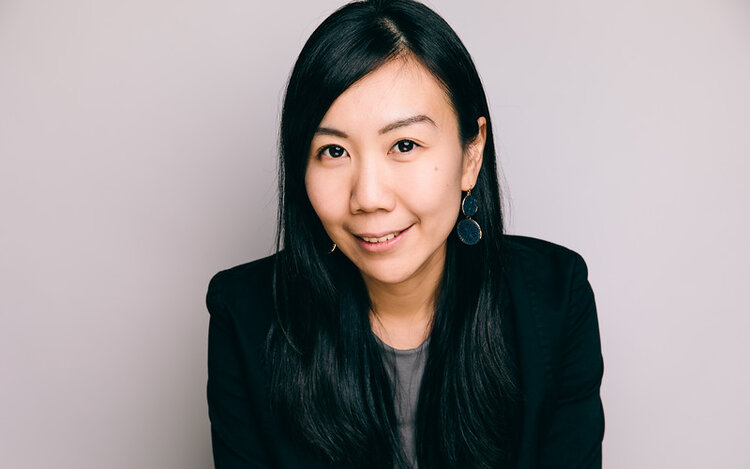Research
My research is broadly motivated by the interest in democratic legitimacy in global governance and the role of non-state actors.
My research seeks to understand the function, strategies, and implications of non-state actors’ participation in transnational issues like climate change and human rights. I am particularly interested in understanding their strategies to build and shape norms while at the same time seeking organizational survival and autonomy, as well as the extent to which they can enhance democracy at global governance venues.
I employ a mixed-methods approach in my research. I apply methods and techniques such as network analysis, statistical modeling, computational text analysis, and in-depth interviews.
Book:
Who Tells Your Story? Women and Indigenous Peoples Advocacy at the UNFCCC.
Cambridge University Press, Element Series on “Organizational Response to Climate Change: Business, Governments, and Nonprofit.” With Takumi Shibaike.
Thousands of civil society organizations (CSOs) attend the Conferences of the Parties (COPs) of the United Nations Framework Convention on Climate Change (UNFCCC) every year. Through their advocacy work, CSOs define and redefine what “climate change” is really about. The Element focuses on climate advocacy for women and Indigenous peoples (IPs), two prominent climate justice frames at the UNFCCC. Which CSOs advocate for women and IPs? How and why do CSOs adopt gender and Indigenous framing? Bridging the literature on framing strategy and organizational ecology, it presents two mechanisms by which CSOs adopt climate justice frames: self-representation and surrogate-representation. The Element demonstrates that, while gender advocacy is developed primarily by women's CSOs, IPs advocacy is developed by a variety of CSOs beyond IPs organizations. It suggests that these different patterns of frame development may have long-term consequences for how we think about climate change in relation to gender and IPs. Find out more about the book here.
Non-state actors and the democratic quality of global climate change governance
Motivated by the aspiration to understand the role of NGOs in global governance and its implication for democracy at the global level, I use the United Nations climate change conferences as a primary governance venue for research. The annual Conference of Parties (COPs) under the UN Framework Convention on Climate Change (UNFCCC) are known for their relative accessibility to non-state observers. Existing studies often suggest that non-state actors can potentially enhance democratic legitimacy in international decision-making. I argue that unequal representation and power asymmetry among NGOs, in fact, undercut the intrinsic value of democracy. As such, my dissertation focused on the women’s groups at the UNFCCC COPs. Using network analysis, statistical models, and in-depth interviews with the NGO representatives, I show that while global governance venues keep opening up to NGOs and the latter has rapidly increased their participation, there is also inequality in substantive, meaningful participation. The uneven participation is driven by the capacity and connections of individual actors. Furthermore, as NGOs work in a shared space such as the COPs, they inevitably interact with one another. They form collaborative relationships, often based on the issue focus and their overall goals. These relationships render some groups more powerful than others.

